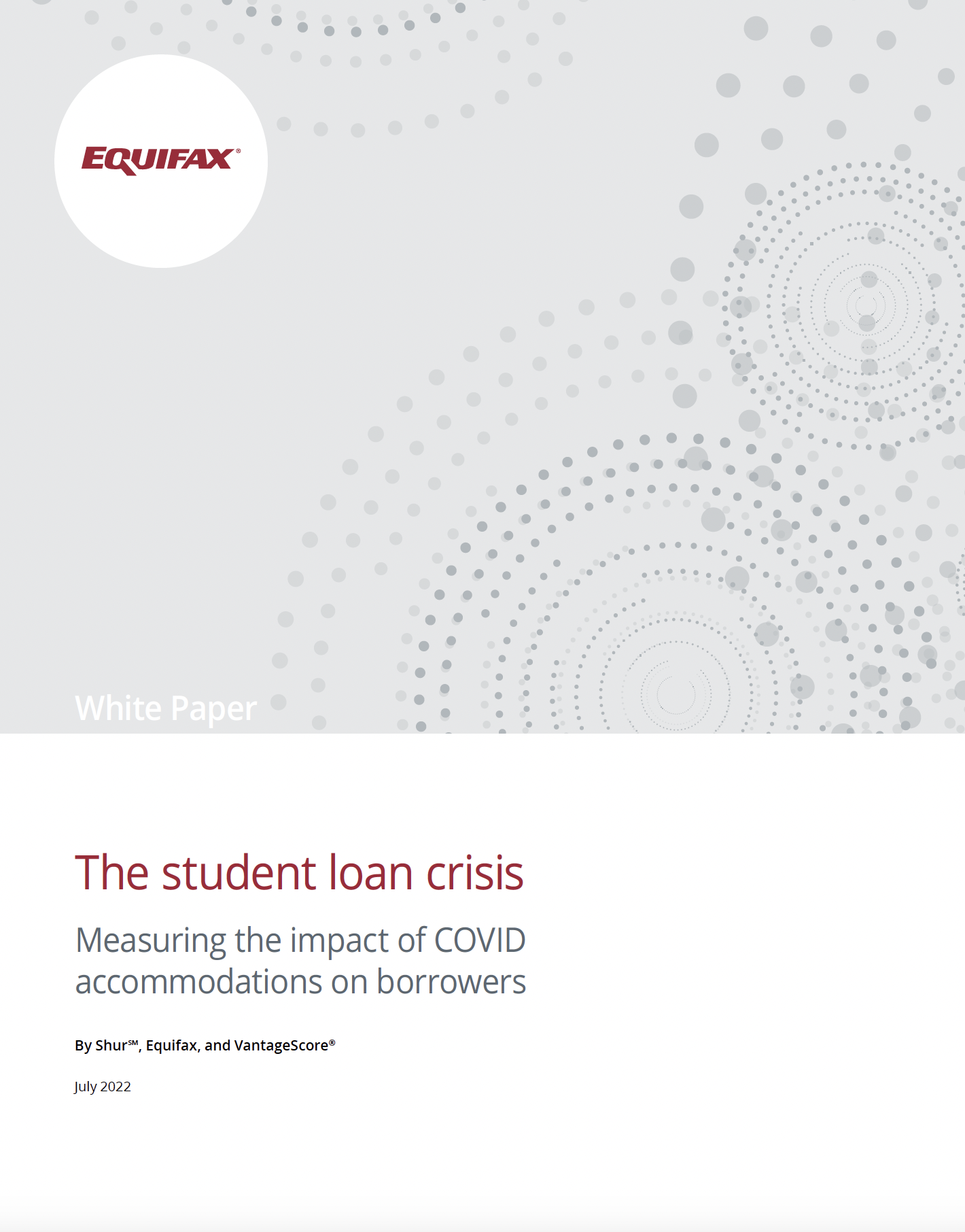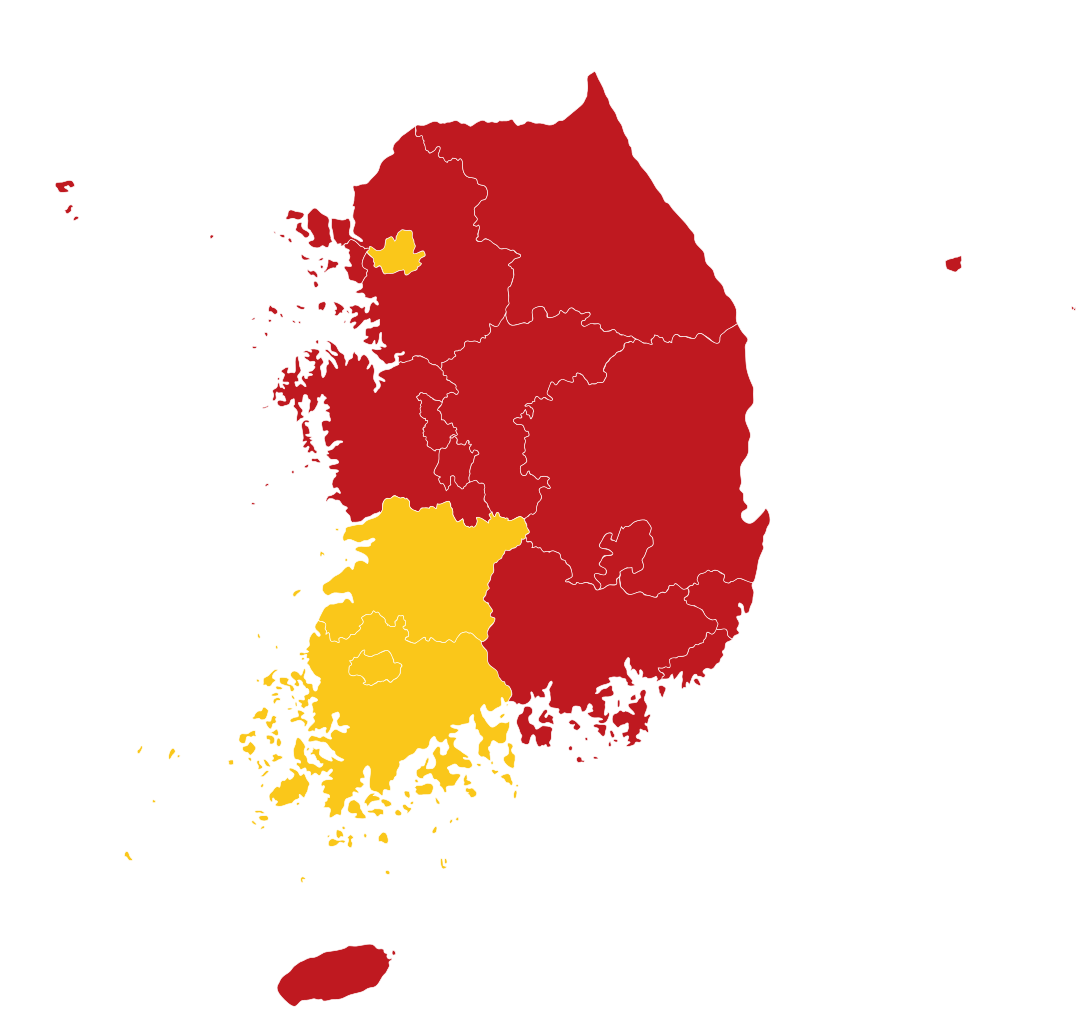Impact Of Rent Freeze Termination On Housing Conditions

Table of Contents
Increased Rent Burden and Affordability Crisis
The termination of a rent freeze often leads to immediate and substantial rent increases. This sudden surge in costs disproportionately affects low-income households and vulnerable populations, pushing them further into financial instability. Studies have shown that in cities where rent freezes have been lifted, rents have increased by significant percentages, sometimes exceeding inflation rates by a substantial margin. The ramifications of this are severe:
- Higher eviction rates: Inability to pay significantly higher rents results in a surge in evictions, leaving families without homes.
- Increased homelessness: Evictions contribute significantly to rising homelessness rates, straining shelters and support systems.
- Strain on social services: Increased demand for social services like food banks and emergency housing puts immense pressure on already stretched resources.
- Reduced disposable income for tenants: Higher rents leave less money for essential needs, impacting health, education, and overall well-being.
This dramatic shift in rent affordability creates a deeper housing crisis, directly impacting tenant rights and emphasizing the critical need for eviction prevention strategies.
Landlord Investment and Property Maintenance
Rent freezes can create a disincentive for landlords to invest in property upkeep and necessary repairs. With limited ability to raise rents to cover maintenance costs, landlords may postpone renovations and repairs, leading to deferred maintenance. This can result in deteriorating housing conditions, potentially creating hazardous living environments for tenants. The removal of rent control, however, doesn't automatically guarantee increased investment. The link between rent control removal and increased property investment is complex and depends on various factors, including market conditions and landlord motivations. However, the potential exists for improvements:
- Decreased incentive for renovations and repairs under rent freezes can lead to deterioration.
- Potential for hazardous living conditions due to neglected repairs presents significant health and safety risks.
- Increased risk of building code violations resulting from deferred maintenance can lead to legal action.
- Impact on property values: Neglecting maintenance can diminish property value, affecting both landlords and the wider community.
Therefore, a careful balance must be struck to ensure that landlords have sufficient incentive to maintain housing quality while protecting tenants from excessive rent increases. This requires a nuanced understanding of landlord responsibilities and adherence to building codes.
Displacement and Neighborhood Change
The dramatic rent increases following rent freeze termination frequently lead to the displacement of long-term residents. These individuals and families, often with deep roots in their communities, are forced to relocate, disrupting neighborhood stability and community cohesion. This can accelerate gentrification, replacing affordable housing with more expensive options, and leading to significant changes in the community's demographics.
- Loss of community character: Long-term residents contribute significantly to the unique character of a neighborhood; their displacement erodes this.
- Changes in demographics: Displacement can lead to significant shifts in the neighborhood's demographic makeup, impacting its social fabric.
- Increased social inequality: Displacement exacerbates social inequality, concentrating wealth in certain areas and leaving others vulnerable.
- Strain on local businesses: The departure of long-term residents can negatively impact local businesses that rely on their patronage.
This process has profound implications for social equity and highlights the importance of mitigating the impact of displacement on communities.
Policy Alternatives and Mitigation Strategies
The negative consequences of rent freeze termination necessitate exploring alternative approaches to ensure affordable housing and protect tenants. Instead of abrupt termination, policymakers could consider:
- Rent control with exceptions: Implementing rent control with clauses allowing for reasonable rent adjustments based on market conditions or necessary repairs.
- Subsidized housing programs: Expanding government-funded programs that provide rental assistance to low-income households.
- Tenant protection laws: Strengthening tenant protection laws to prevent unfair evictions and ensure access to safe and habitable housing.
Developing comprehensive housing policy is vital to balance the needs of landlords and tenants, promoting a stable and equitable housing market. A range of strategies, including rent stabilization and robust affordable housing programs, are essential to ensuring safe and affordable housing for all.
Conclusion: Understanding the Long-Term Impact of Rent Freeze Termination on Housing Conditions
The termination of rent freezes carries substantial risks to housing conditions, leading to increased rent burdens, deteriorated property maintenance, and displacement of long-term residents. The crucial link between rent freeze termination, increased rents, and the deterioration of housing quality cannot be ignored. Responsible policy-making is essential to protect vulnerable tenants and ensure access to safe, affordable housing. We must advocate for policies that address the root causes of the housing crisis and provide long-term solutions to create a more equitable and just housing system. Learn more about the impact of rent freeze termination on housing conditions and find ways to advocate for effective housing policies by visiting [link to relevant resource 1], [link to relevant resource 2], and [link to relevant resource 3].

Featured Posts
-
 Ryan Reynolds And Justin Baldoni The Lawyers Perspective
May 28, 2025
Ryan Reynolds And Justin Baldoni The Lawyers Perspective
May 28, 2025 -
 Arus Balik Mudik Masuk Bali Diprediksi 5 6 April 2025 Persiapan Dan Antisipasi
May 28, 2025
Arus Balik Mudik Masuk Bali Diprediksi 5 6 April 2025 Persiapan Dan Antisipasi
May 28, 2025 -
 Understanding The Economic Implications Of The Student Loan Crisis
May 28, 2025
Understanding The Economic Implications Of The Student Loan Crisis
May 28, 2025 -
 South Korea Presidential Election 2024 Key Candidates And What To Expect
May 28, 2025
South Korea Presidential Election 2024 Key Candidates And What To Expect
May 28, 2025 -
 Torpedo Bats The New Standard For Marlin Anglers
May 28, 2025
Torpedo Bats The New Standard For Marlin Anglers
May 28, 2025
Latest Posts
-
 Auction Alert Banksys Broken Heart Wall Art
May 31, 2025
Auction Alert Banksys Broken Heart Wall Art
May 31, 2025 -
 The Woman Behind Banksy Fact Or Fiction
May 31, 2025
The Woman Behind Banksy Fact Or Fiction
May 31, 2025 -
 Banksy Auction Iconic Broken Heart Artwork
May 31, 2025
Banksy Auction Iconic Broken Heart Artwork
May 31, 2025 -
 Banksy Unraveling The Gender Conspiracy Theory
May 31, 2025
Banksy Unraveling The Gender Conspiracy Theory
May 31, 2025 -
 High Value Banksy Prints 22 777 000 In Annual Sales
May 31, 2025
High Value Banksy Prints 22 777 000 In Annual Sales
May 31, 2025
